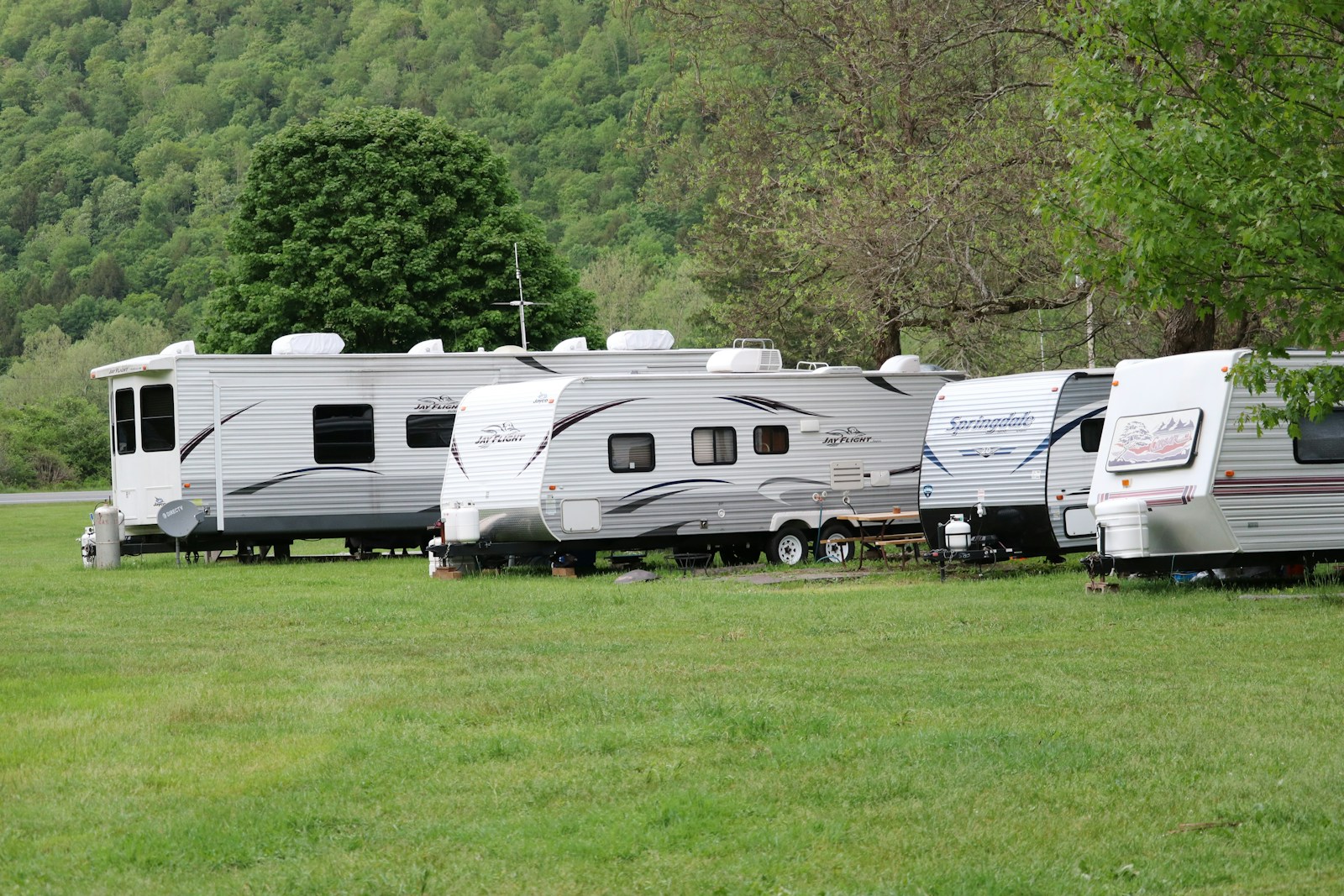Recreational Vehicle Insurance in Fort Worth, TX
Recreational vehicles (RVs) can be an exciting and convenient way to travel the world or enjoy a nomadic lifestyle. Campers, motorhomes and trailers may all offer the comforts of home while standing on wheels, making them invaluable assets for your adventures. However, like all motor vehicles, RVs require owners and operators to secure appropriate recreational vehicle insurance.
What Kind of Insurance Do I Need for My RV? 
RV insurance is a specialized type of coverage designed to protect your vehicle financially. This type of policy encompasses many other terms that may be used to refer to insurance for RVs, such as motorhome insurance coverage or camper insurance. While the exact specifications of your RV insurance may vary, policies often include the following components:
- RV liability insurance coverage can help protect you from the financial consequences of accidents affecting other motorists and pedestrians, such as bodily injuries and property damage.
- Collision coverage can assist with repair costs if your RV is damaged in a crash with another vehicle or stationary object, such as a building, guardrail or signpost.
- Comprehensive coverage can compensate you for losses involving your insured vehicle arising from noncollision incidents, such as fires, vandalism, theft and falling objects (e.g., tree limbs and rocks).
- Medical payments coverage, also known as MedPay, can help cover medical bills if you or your passengers are injured in an accident, regardless of fault.
- Uninsured/underinsured motorist coverage can enable you to recoup financial losses even if the at-fault party lacks insurance.
What Makes Recreational Vehicle Coverage Different Than Automobile Coverage?
While RV insurance may include many familiar components as you might find in a standard auto policy for your everyday car, the unique features and uses of these vehicles may make additional coverages necessary. Fortunately, you may be able to outfit your RV insurance policy with the following financial protections:
- Contents coverage can provide financial protection for belongings you store or transport inside your vehicle, including clothing, electronics, camping gear and other personal possessions.
- Full coverage RV insurance is generally intended for those who use their vehicle as their primary residence and may help pay for third-party losses occurring in or around your RV while parked, such as at a campsite, as well as fees charged by an association to cover repairs to common areas or shared property.
- Storage coverage may help pay for damage sustained by your RV while it’s laid up during the offseason or between journeys.
Many other details of RV insurance policies may also differ significantly from standard auto coverage, such as limits, deductibles and premiums.
How Much Does RV Insurance Cost?
Your recreational vehicle insurance rates may be determined by many factors, including the following:
- Location
- Vehicle details (e.g., type, model and age)
- Driving record
- Use habits (e.g., estimated annual mileage and residency status)
- Prior claims history
- Policy details (e.g., deductibles, limits and coverages selected)
Get the Right Coverage
At Cornerstone Independent Insurance Agency LLC in Fort Worth, TX, we have the knowledge and experience to help you get affordable RV insurance that provides appropriate coverage. Contact us today to learn more about your options or to get a personalized RV insurance quote.
